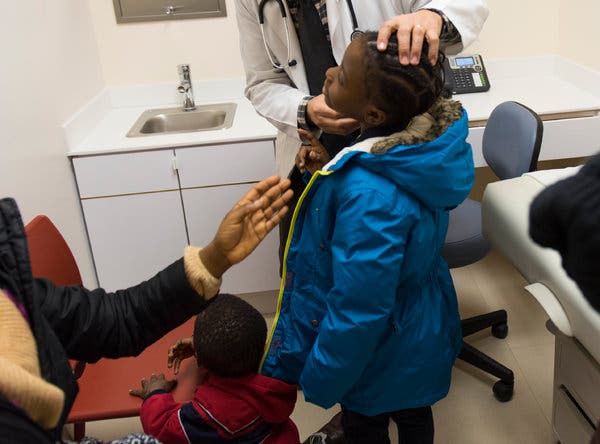By Maria Trent, M.D., M.P.H., FSAHM, FAAP—July 29, 2019
The AAP has consistently taken a stand on issues that make some children and adolescents more vulnerable than others. Policy statements and other reports have addressed many of the social determinants of health from poverty to trauma as potentially adverse childhood experiences that shape longitudinal health outcomes as youths move into adulthood.
In a new policy statement, the Academy has taken the next step to incorporate and specifically address racism’s impact on child and adolescent health, consistent with the vision outlined in the AAP Blueprint for Children.
The policy, The Impact of Racism on Child and Adolescent Health, from the Section on Adolescent Health, Council on Community Pediatrics and Committee on Adolescence, is available at the American Academy of Pediatrics website and will be published in the August issue of Pediatrics.
Racism is defined here as a “system of structuring opportunity and assigning value based on the social interpretation of how one looks (which is what we call ‘race’) that unfairly disadvantages some individuals and communities, unfairly advantages other individuals and communities, and saps the strength of the whole society through the waste of human resources,” as described by Camara Phyllis Jones, M.D., Ph.D., M.P.H. (http://bit.ly/2KBj3Ao).
The policy provides a historical perspective on the factors that have led to the persistence of racism and how institutional (structural), personally mediated (interpersonal) and internalized (self-directed) racism undermines individual and population health outcomes.
Pediatricians strive to care for children and adolescents such that they all have an opportunity to reach their full potential. Although we have progressed toward greater racial equity, racism continues to undermine the health of children, adolescents and families. Children and adolescents experience racism through the places they live and learn, by what they have economically and how their rights are protected.
The stress generated by experiences of racism may start through maternal exposures while in utero and continue after birth with the potential to create toxic stress. This transforms how the brain and body respond to stress, resulting in short- and long-term health impacts on achievement and mental and physical health. We see the manifestations of this stress as preterm births and low birthweights in newborns to subsequent development of heart disease, diabetes and depression as children become adults.
Read more at AAP News & Journals.




